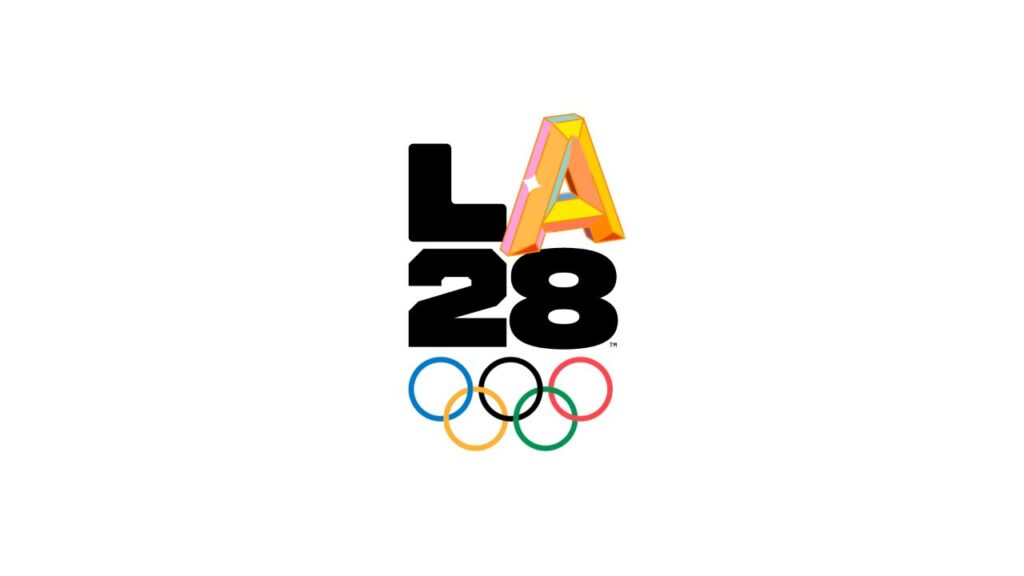The Los Angeles 2028 Olympic Games are rapidly approaching, marking an exciting milestone for the city and the international sports community. While significant progress has been made, with 64% of the $6.884 billion revenue target already secured, the event’s organizing committee faces notable challenges, including reduced contributions from the International Olympic Committee (IOC), budget uncertainties, and infrastructure concerns.
Key Revenue Streams and Contributions
The organizing committee has secured the majority of its target through various contracted revenue streams:
- Hospitality and Ticketing: On Location leads commitments, with ticketing by AXS and Eventim.
- Sponsorships: Over $1.6 billion secured from partners including Comcast and Delta.
- Licensing: Led by Fanatics, with a growing range of products across categories.
In total, the committee has secured 30 corporate partners, sponsors, supporters, and licensees. These include two founding partners, Comcast and Delta; three hospitality and ticketing providers, AXS, Eventim, and On Location; and two official sponsors, Cisco and Lilly. Additionally, there are five official supporters and a total of 15 licensees, with Fanatics leading the group, including three specializing in apparel categories.
By comparison, the Paris 2024 Games had secured a broader range of 70 corporate sponsors by this point, contributing to an estimated $1.34 billion in sponsorship revenue. However, with nearly four years remaining, LA28 still has ample opportunity to grow its roster of partnerships and potentially close the gap. That said, significant challenges remain, especially in light of the IOC’s revised financial projections.
These revisions are largely attributed to the departure of three key TOP sponsors: Bridgestone, Panasonic, and Toyota. As a result, the IOC’s current projection of $1.4 billion, down from $1.535 billion, is now based on updated revenue estimates:
- $898 million from television rights sales under the Host City Contract.
- $437 million from the IOC’s share of TOP sponsorship revenues.
- $200 million expected from renewals and renegotiations of existing sponsorship agreements
Budget Revisions on the Horizon
A revised budget, expected by year-end, will provide greater clarity on costs related to commodities, services, and contingencies. The committee has set aside a $615 million contingency allowance to address potential cost increases. With cricket included in the Games, television rights revenue could see a significant boost in markets like India, further stabilizing the financial outlook.
Transportation and Infrastructure Concerns
Transportation infrastructure is one of the most pressing issues facing LA28. The Los Angeles Metropolitan Transportation Authority (Metro) requested $3.2 billion in federal assistance from President-elect Donald Trump’s transition team to support transportation projects for the Games. This request aimed to enhance the city’s infrastructure to accommodate the anticipated influx of visitors, with projections of 10 to 15 million ticket holders.
The Los Angeles Metro Board has allocated $3.129 billion for Games-related transportation projects, including a $2 billion request for 2,700 additional buses to accommodate spectators. However, only 5.4% ($170.2 million) of this budget has been secured so far.
Efforts to close this funding gap include nine federal applications totaling $840.5 million. To date, four applications have been approved, providing $228.5 million, while five remain unfunded. Federal collaboration remains critical, as seen in previous Games:
- The 1984 Los Angeles Games received federal funding for security but not for transportation.
- The 1996 Atlanta Games secured $274.3 million in federal aid.
- The 2002 Salt Lake City Winter Games obtained $342 million, including $106 million for transportation.
Challenges in Media and Broadcasting
NBC Universal’s decision to spin off its other networks, which traditionally broadcast Olympic content, poses a new challenge for LA28. Ensuring accessibility and maintaining strong viewership figures will be critical to attracting robust advertising revenue. LA28 organizers will need to work closely with NBC to develop effective broadcasting strategies that maximize audience engagement and reach.

